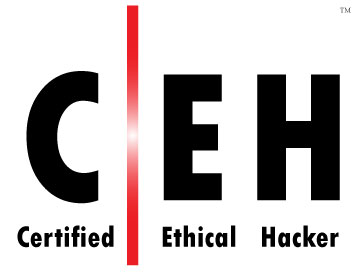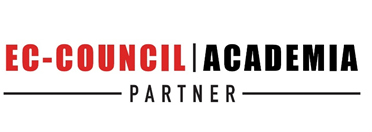- Online
- $3,200
This course is part of the Ethical Hacking Certification Training Program and UBC Certificate in Cloud and Technology Transformation.
Leveraging the curriculum developed by EC-Council, the world’s largest cyber security technical certification body, this rigorous course provides insights into the current security scenario and increasing hacking attempts on various information systems.
In this course, learners will achieve a greater understanding of the ins and outs of ethical hacking, including footprinting and reconnaissance, scanning networks, vulnerability analysis and concepts around cryptography. Explore system hacking, malware threats, sniffing, social engineering, denial-of-service, session hijacking, evading IDS, firewalls and honeypots, and everything from hacking web servers, wireless networks and mobile platforms to SQL injection, IoT and OT hacking.
By the end of the course, you'll be able to:
- Assess ethical and legal requirements of security assessment and penetration testing and determine a strategy to comply with these requirements.
- Analyze different phases of hacking and recommend the strategy to use ethical hacking for assessing the security of various components of an information system.
- Compare and contrast different hacking techniques and analyze the legal implications of hacking.
- Examine different vulnerabilities, threats, and attacks to information systems and recommend countermeasures.
- Analyze cryptography algorithms and encryption techniques, and design implementation strategies for securing information.
- Compare and contrast various network security assessment and hacking tools.
- Assess various network security techniques and tools and implement the appropriate level of information security controls based on evidence, information, and research.
- Be prepared to take the Certified Ethical Hacker certification exam.
This course is ideal for professionals with at least two years of IT experience. If you’re new to IT security, consider starting with the UBC Micro-certificate in Cloud Security and Cyber Attack Prevention Methods to help prepare you.
Course outline
This course is designed to provide you with an insight into the current security scenario and increasing hacking attempts on various information systems. The goal of ethical hacking and countermeasures is to help you and your organizations take preemptive measures against malicious attacks by attacking their own system while staying within legal limits.
Course topics:
- Introduction to Ethical Hacking
- Footprinting and Reconnaissance
- Scanning Network
- Enumeration
- Vulnerability Analysis
- System Hacking
- Malware Threats
- Sniffing
- Social Engineering
- Denial-of-Service
- Hijacking
- Evading, IDS, Firewalls, and Honeypots
- SQL Injection
- Hacking Wireless Networks
- Hacking Mobile Platforms
- IoT and OT Hacking
- Cloud Computing
- Cryptography
How am I assessed?
You're assessed on successfully completing weekly activities, including your contributions to discussion posts and applied case study projects (based on real-life scenarios). Other assessments include assignments based on required readings, lab assignments, quizzes, research project, and a research essay. Your instructor provides you with informal feedback in the live sessions as well as graded assignments.
While you're not assessed on your attendance of the live sessions, we encourage you to attend these classes, so you don't miss the opportunity to learn and interact with your instructor and other participants. All sessions are recorded in case you miss one.
Expected effort
Expect to spend 5-7 hours per week completing all learning activities, including attending online live sessions.
Technology requirements
All course content is provided in the online courses. To take this program, you'll need access to:
- an email account
- a computer, laptop or tablet, using Windows or macOS
- the latest version of a web browser (or previous major version release)
- a reliable internet connection
- a video camera and microphone
Course format
This part-time, 100% online course consists of self-paced content and weekly 1.5 hour virtual live sessions with a course instructor. These virtual sessions are also recorded for later viewing. This rigorous course gives learners access to weekly live sessions with an instructor, EC-Council's course materials, online labs, and practice exam for Certified Ethical Hacker certification.
Students are expected to contribute to a discussion forum and participate in interactive activities with peers and course instructor.

